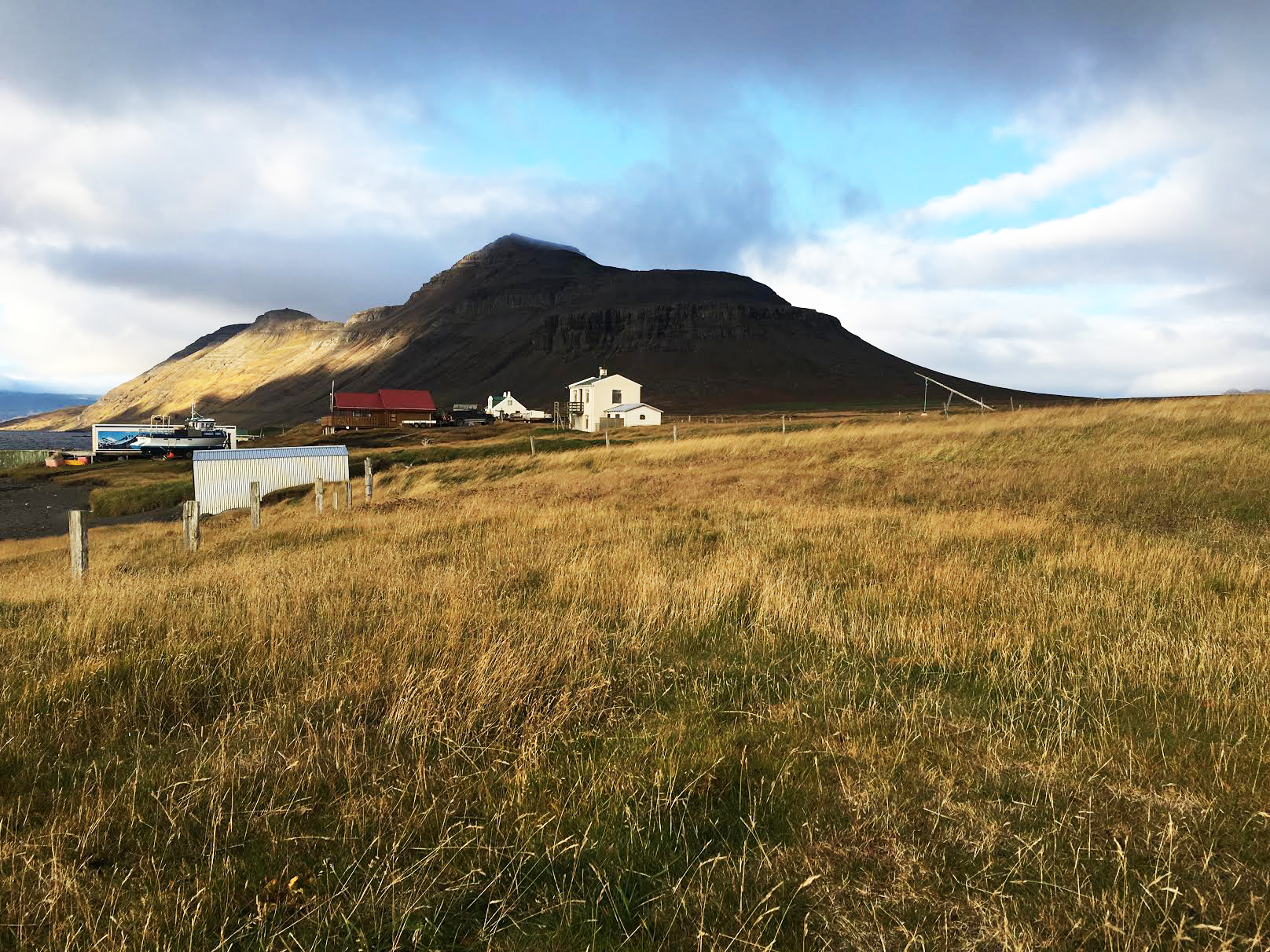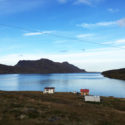A small Icelandic town, surrounded with jagged ice-age worn cliffs and glacier cold water falls. It is tumbling towards the ground below. Famous for its untouched northern lights and its fresh fish, so why is the beautiful town slowly losing its ability to operate?
In northern Iceland sits the small town of Djupavik. A summer retreat for city locals, but year-round only has a population of four. The old fishing town has seen better days, and what used to be a large glacier has run off into the ocean below, as a result of climate change.
Since the closing of the old herring factory back in 1954, the town (A cluster of houses, but no stores) has seen a dramatic decrease of tourist traffic, and now caters to eclectic weddings and German hipsters in RV’s. The tiny population and minimal tourism does not strain the land on which the town of Djupavik sits.
So why are the kind, resourceful people of this Scandinavian town paying for the consequences of global climate change?
As they have watched their winters become shorter and their summers become hotter, the locals are forced to adjust to the new waterfalls that creep closer and closer to their houses each year, as the snow melts faster. And as the herring and cod numbers deplete, they are forced to adjust. However, the nearest grocery store is four hours away.
But as Canadians that live close to the 49th parallel, we seldom see the effects that our daily car use and consumption have on this planet, and the signs that are available to us, we ignore. We ignore the fact that it snows less and that the oceans are getting higher while the lakes are drying up, all things that the good people of Djupavik are forced to endure.
“This is my home and I never want to leave, but if the land begins to hurt by our presence, I will go,” Siggy, a town local stated.
The change in the landscape is a direct result of the mass consumption and greed that is called the modern world. And as useless demands by the first world continue to rise, so will the oceans.
Seeing first-hand the affect that humans are having on this planet is shocking, but it shouldn’t be. There should not be a shock factor in the realization that all of our actions have consequences, and that although we are not seeing these consequences first hand, it does not mean they don’t exist.
Now if after you read this, everyone was to hop on a plane to Iceland to see their own effects, it would do more harm than good. As citizens of a country that is more than capable of making a difference, we owe it to ourselves, to the kids of tomorrow, and to the earth itself to try and spark a change now, before it is too late.





